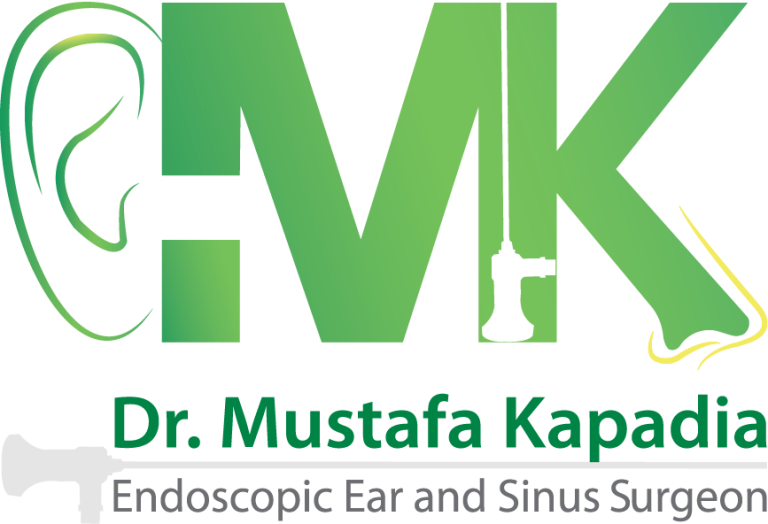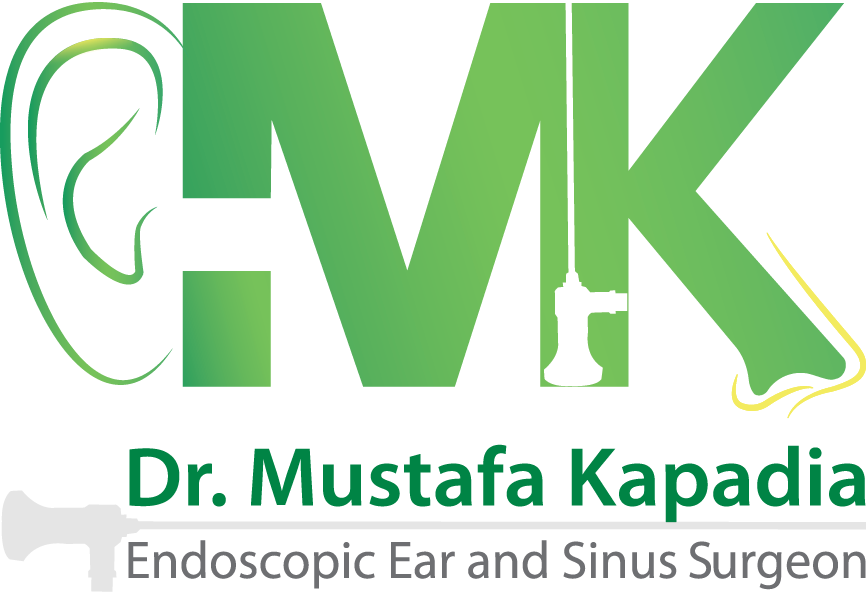Deviated Septum Surgery in Dubai
What is Deviated Nasal Septum?
The nasal septum divides the nose into the right and left side. It usually sits in the middle and equally separates the nostrils. However, this is not the case for everyone. Many people have an uneven or crooked septum, causing one nasal passage to be bigger than the other.
It’s common to have an uneven septum. 80 % of all septums are deviated to some degree. Only if a deviated septum causes persistent nasal blockage, recurrent sinusitis or has a detrimental impact on quality of life, then it can be treated surgically.
Symptoms:
Most septal abnormalities cause no symptoms, and you may not even be aware that you have one. However, certain septal abnormalities might result in the following symptoms:
Blockage of one or both nostrils:
This blockage (obstruction) can make breathing via that nose or nostrils difficult. When you have a cold (upper respiratory tract infection) or allergies, you may experience this more.
Nosebleeds:
If the surface of your nasal septum becomes dry, you’re more likely to get a nosebleed.
Facial discomfort:
There is significant disagreement concerning the probable reasons for facial pain from the nose. A significantly deviated septum, can contact the lateral nasal wall and generates pressure, might be a cause of one-sided facial discomfort.
Snoring:
A deviated septum or enlargement of the intranasal tissues are two common causes of noisy breathing while sleeping.
The nasal cycle:
It’s common for the nose to get obstructed on one side, then switch to the other. It is referred to as the physiological nasal cycle. Although the nasal cycle is common, being aware of it is unusual and might suggest nasal blockage.
Preference for sleeping on one side:
If one nasal channel is restricted, some people may prefer to sleep on one side to maximize breathing via the nose at night.
Causes:
A condition that is present from birth:
A deviated septum can arise during fetal development and show up at birth in some circumstances.
The nose injury:
A deviated septum can be caused by an injury to the nasal septum, which causes it to shift out of place. An injury like this can happen to newborns during delivery. The most prevalent causes of nasal trauma include contact sports, physical play such as wrestling, and car accidents.
Complications:
If you have a significantly deviated septum that causes nasal obstruction, you may have the following symptoms:
• Chronic mouth breathing causes dry mouth.
• In your nasal passages, you may have a sense of pressure or congestion.
• Sleep disturbances are caused by the discomfort of not being able to breathe properly via your nose at night.
Prevention:
- With these measures, you may be able to avoid nasal injuries that might lead to a deviated septum:
• When playing contact sports like football or volleyball, use a helmet or a midface mask.
• When riding in a motor vehicle, always buckle up.
How is a Deviated Nasal Septum treated?
- In the vast majority of patients with mild DNS, no treatment is required. For patients with severe DNS and significant nasal symptoms, Septoplasty is the only treatment option available. Septoplasty is done under local or general anaesthesia, and deviated parts of the septum (cartilage/ bone) are removed or repositioned as necessary.
Some patients with a deviated septum choose not to undergo surgery due to expenses, dangers, or other considerations. There are other therapeutic alternatives available. They don’t fix a deviated septum, but they can help with the problems it causes.
Treatment focuses on resolving the problem to alleviate symptoms. Symptoms are commonly treated using the following methods:
– Decongestants, Antihistamines
– Steroid nasal spray
– Strips for the nose
Dr. Mustafa Kapadia is an experienced ENT doctor who offers the best deviated septum surgery in Dubai.

